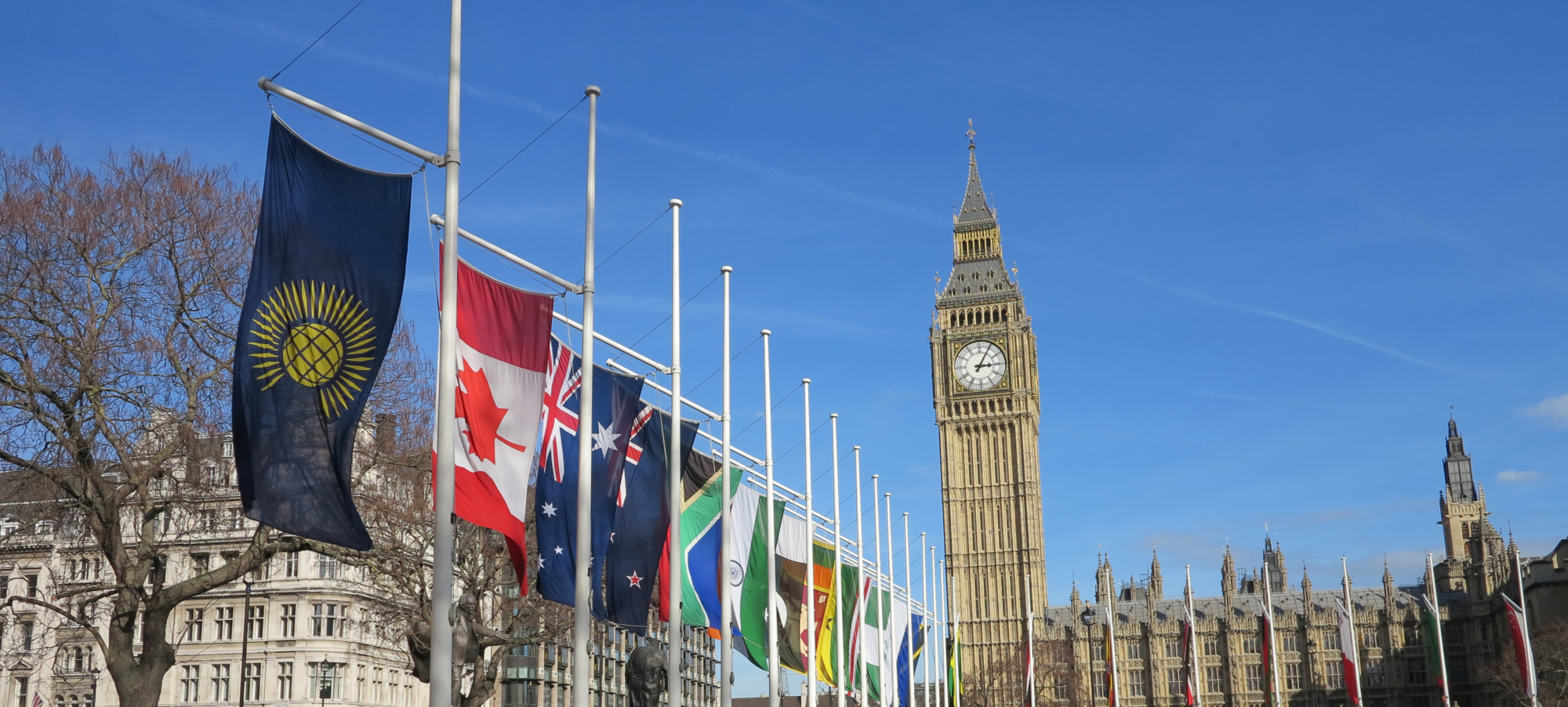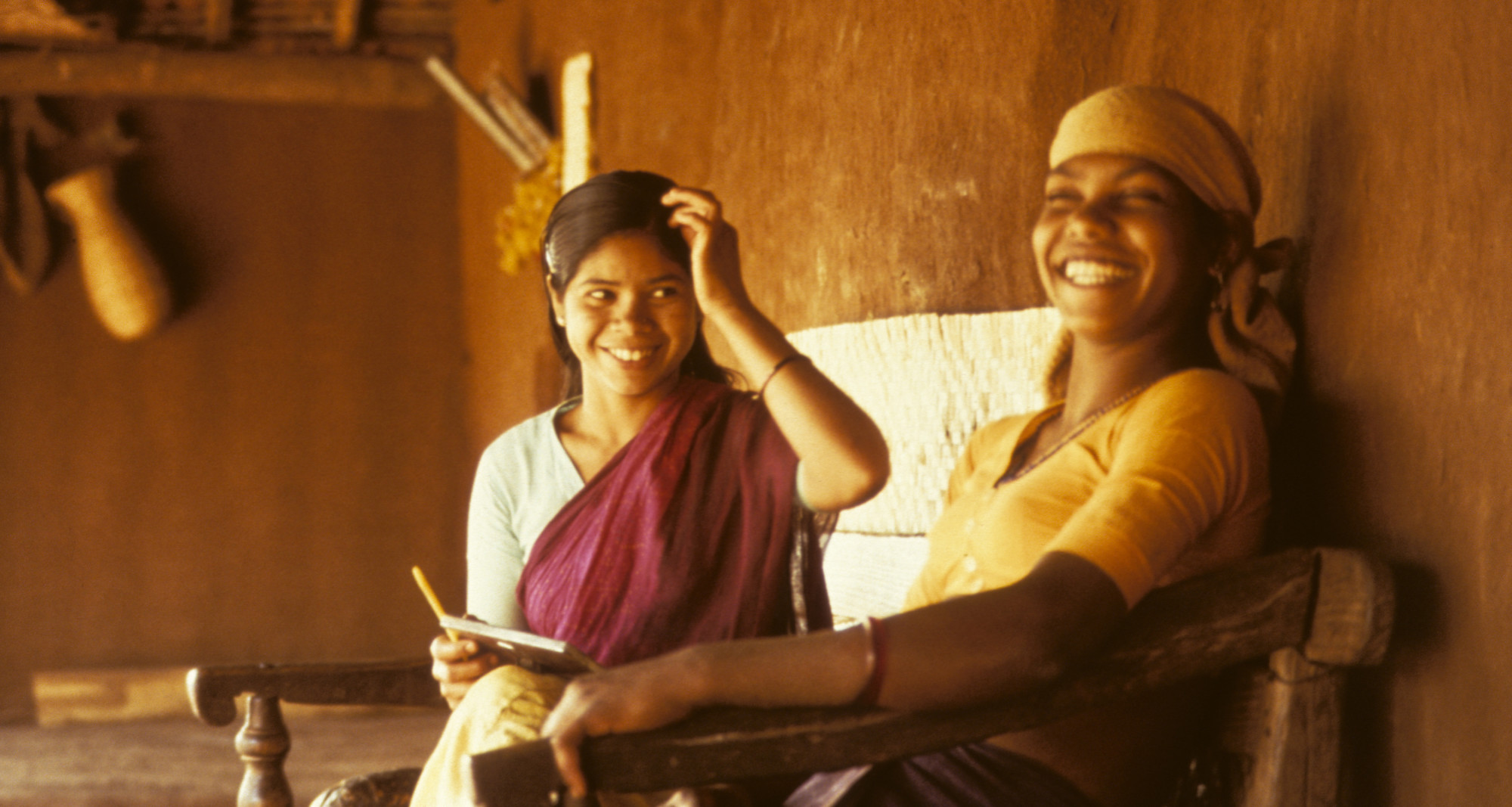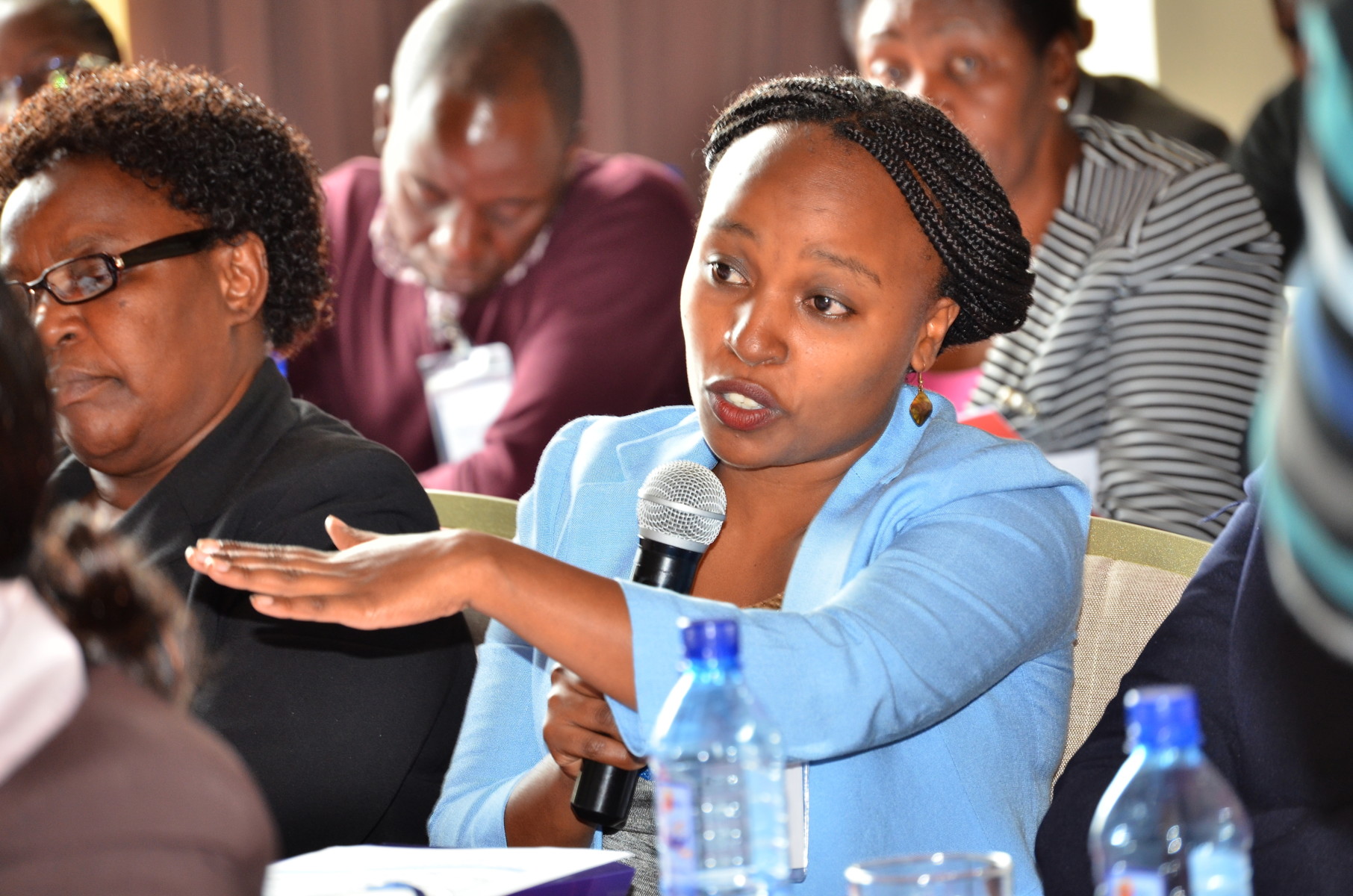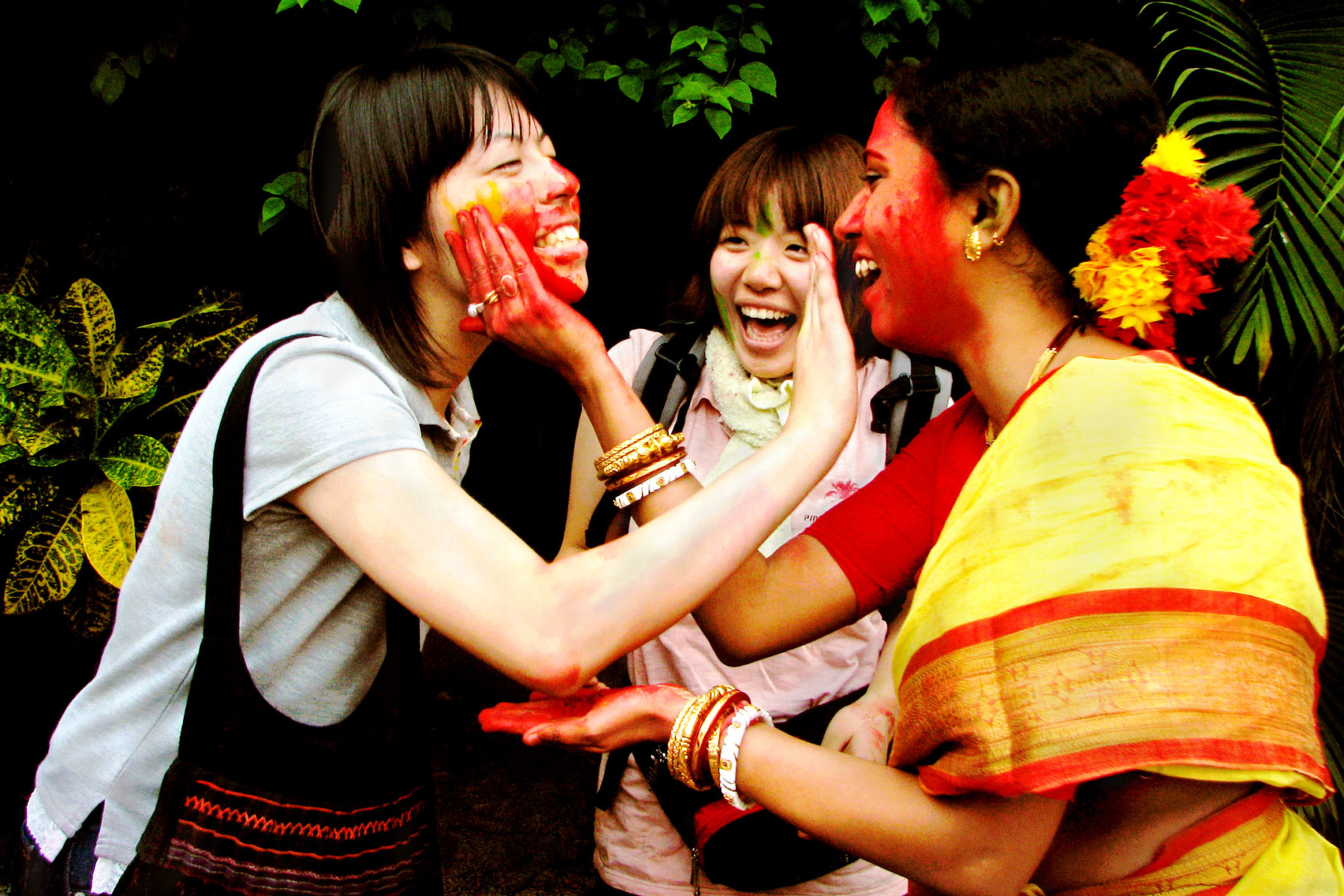
Every young person has a dream. For law student Francisca Oteng-Mensah it was to serve her country as an MP. Her main reason for wanting to be in government was to help improve access to quality basic education for every child in Ghana. So what if she was a woman in a patriarchal society? That didn’t deter her. It only made her more determined.
In the run-up to Ghana’s 2016 presidential and parliamentary elections, our correspondent, Michael Gyekye, interviewed Ms Oteng-Mensah.
Michael: “Women are traditionally marginalised in politics, which is especially true in young democracies like Ghana’s. [What hopes do you have] for reversing this trend in Ghana and the many other places across Africa and the developing world where this problem persists?”
Francisca: “Sure, that’s a very important issue in politics across almost the entire world. In the cases of Ghana and Africa, I reckon inequalities in economic capabilities between men and women is a crucial contributory factor. I hope my story [draws attention to] this particular restraining factor and the need to economically empower women to help bridge gaps in economic capabilities between the genders. This is a prerequisite for achieving greater [gender balance in political representation].”
In November 2016, Francisca helped the gender balance. Voters elected her as Ghana’s youngest-ever MP.
Action to help women’s political progress
In 2017, the Commonwealth Secretariat announced a new initiative to get more women into political leadership.
Political Adviser Dr Tres-Ann Kremer presented the plan to delegates at a women’s forum on the island of Nevis in the Caribbean. The Ministry of Social Development hosted the forum.
The Commonwealth programme includes:
- enhanced research into the status of women’s leadership
- advocacy by the Commonwealth Secretariat
- tailored support to help countries get more women into politics.
We are piloting the programme in Africa and the Caribbean before rolling it out to the rest of the Commonwealth.

Global target for women’s representation in lower and upper houses of parliaments
The mandate for action, Dr Kremer said, is the persistent concern raised by Commonwealth election observers about the under-representation of women in electoral processes.
Referencing the Sustainable Development Goals and the Commonwealth Charter, she said, “The Commonwealth is committed to being bold about reinforcing its values and supporting the Sustainable Development Goals. We are absolutely resolved to assist our member states to achieve these goals in a holistic manner.
“We truly believe that gender equality is not only a fundamental human right, but a necessary foundation for a peaceful, prosperous and sustainable world. This compels us to take action.”
According to a 2016 Commonwealth report on women’s political development, only 17 Commonwealth countries have achieved the United Nation’s (UN’s) 30% target for women’s representation in the lower and upper houses of parliaments.
At the forum, Dr Kremer revealed the initial findings of the new Commonwealth research, done in collaboration with electoral management bodies and political parties. It shows that, while more women in the Caribbean are getting into decision-making positions in the public sector, there is still a lack of representation in parliaments. The study also highlights the need to address other factors affecting women’s political participation, including legislative reforms, campaign financing policies and violence against women.
Watch: Minister for Social Development in the Nevis Island Administration comments on the Commonwealth’s initiative.
Hazel Brandy-Williams (Minister for Social Development in the Nevis Island Administration) organised the forum and a rally on women’s rights. She welcomed the Commonwealth’s ongoing efforts to assist political parties in opening their doors to more women. She also expressed her “profound thanks to the Commonwealth for being so timely in bringing this research to fruition.”
The Secretariat will share the results of its research with member countries in the region. It will also continue to work with political parties and electoral commissions on a framework for Commonwealth support.
Developing toolkits for political stakeholders
Later in 2017, the Commonwealth hosted two significant events where experts from around the globe discussed ways to support women entering politics.
Parliamentarians, civil society organisations, election management bodies, UN representatives and even former prime ministers all took part in two day-long workshops in London, UK, and Bridgetown, Barbados. They developed practical toolkits for political stakeholders and influencers.
The events in the UK and Barbados saw attendees discuss the findings of the Commonwealth Secretariat’s studies on women’s political participation in the Commonwealth, as well as a checklist for election observers.
Watch: Political leaders in Barbados discuss efforts to boost women’s participation in government.

Commonwealth countries have achieved global target of women's representation in parliaments
Commonwealth Deputy Secretary-General Dr Josephine Ojiambo introduced the London event. She said she was keen to identify which strategies have worked for overcoming some of the cultural and political barriers that often prevent many women from entering the political sphere.
Dr Ojiambo told attendees, “I salute your commitment to the goal of achieving parity by the year 2030, which is now embedded in the United Nations’ Sustainable Development Goal 5 and addresses the incumbencies that still hold women back, particularly in the political platform.
“We hope the tools we are producing will ease politics for other women. We need to look at the role political stakeholders and influencers can play in promoting greater gender inclusion in decision-making. We need to look beyond numbers to understand the impact of inclusive leadership in achieving development goals. Not least because women make up less than 25 per cent of political leadership, especially at a parliamentary level.”


